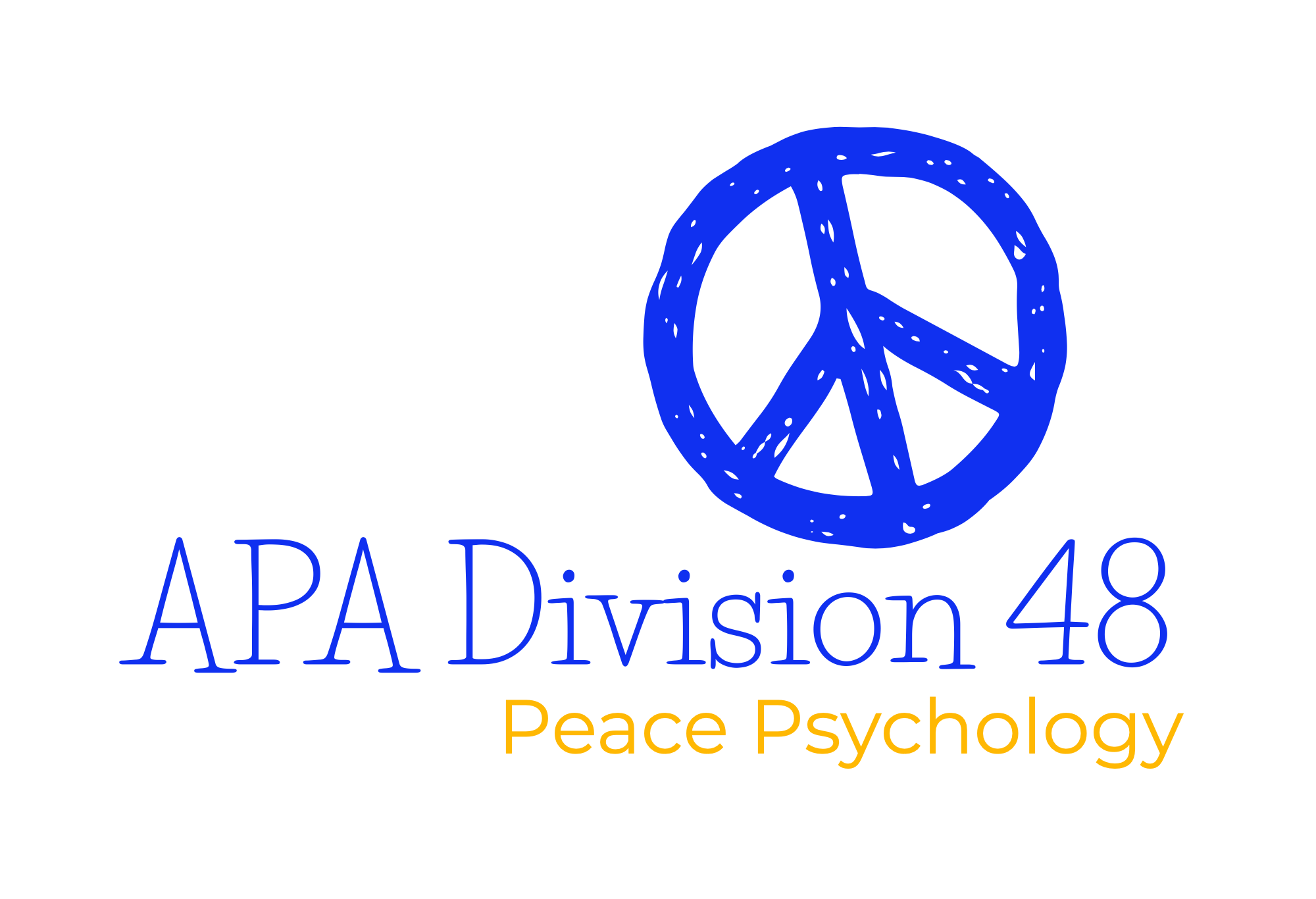Academic Freedom Thrives in Peace: When Militarism Dominates, It Disappears
Academic freedom thrives in peace: When militarism dominates, it disappears
by
Serdar M. Değirmencioğlu
Since January 11, scholars in Turkey have taken on strange habits. Some started flying and filming kites with their students, then posting videos on the internet late in the evening. Some started songwriting, producing strange lyrics. Some started organizing bus tours. My mobile phone had never seen so much WhatsApp action: It is now full of photos, songs, and conversations about these bizarre scholarly activities. Meanwhile, others started keeping tallies. A tally of those who lost their jobs. Another tally for very serious threats. Another for disciplinary actions. Yet another tally of those who suddenly lost their research or travel grants. The tallies are updated every week.
This is a true story. I am one of those who lost a job. On April 29, after months of mobbing, I was summarily dismissed. The administrators at Doğuş University found me at fault for signing a peace declaration, for calling on the government to stop its ruthless and senseless military campaign in the Southeast. My dismissal was part of an ongoing witch-hunt.
As a scientist, I do not believe in witches. But obviously the government, controlled by a single man, does. The Council of Higher Education circulated orders to universities and internal investigations were initiated. In my case, the investigation was started on January 18. I told the committee I was expressing my rights and as a social scientist I have a duty to speak out. Shortly thereafter I lost my position as chair of the psychology department. It was clear what was to follow. I was soon found guilty and was dismissed weeks before the term was over. I was teaching four courses but no one cared about students or ethics. And one of my courses was focused on peace psychology.
Yes, I do believe in peace. But the government does not. And I firmly believe that I have a right to live in peace, to invite authorities to establish peace, and to express my opinions freely. As a scholar, I believe freedom of speech is essential for democracy, let alone the very existence of universities. But the government does not. Turkey is now full of universities where seeking or speaking the truth is not very popular. Even skepticism is not tolerated: The country is at war and in times of war a strong leader is needed. Dissent is considered treason. Academic freedom is, after all, a luxury.
I was not the only one who lost their job. Aslı Vatansever, a sociologist, was dismissed with me. We received the same sentence, the same injustice, and are now tallied. And the tallies are getting uglier and longer. A criminal investigation is underway and the government sent a warning: Four scholars were arrested and swiftly sent to prison. All they did was to speak at a press conference to reiterate the demands in the petition. That is when the kites emerged. Scholars and students flew kites right outside of the prisons: Kites symbolize freedom so the message was: “Freedom and peace will prevail.” The bus tours were also an act of solidarity. Scholars, journalists, peace activists and students were bussed to two prisons where they kept vigil. And those scholarly songs all songs of peace and freedom.
Speaking the truth has become a very dangerous act in Turkey. I will let others speak instead. The UN Human Rights Chief Zeyd Raad El Huseyin recently asked for an independent investigation of civilians who were burned to death in Cizre. Erik Jan Zürcher, a renowned historian, returned a medal of honor given to him in 2005 by the President of Turkey. “Basic freedoms in Turkey are no more,” he said. The hope for a democratic Turkey has vanished. Yervant Bostancı, a musician, recently said he had difficulty expressing what he had witnessed in Suriçi, Diyarbakır, the place where he was born and bred. “I am very, very sad,” he said, “It is as if my soul is bleeding.”
This is now certain: When militarism goes up, academic freedom goes down. Soon “academic risk” replaces academic freedom. I was recently told that I am a “scholar-at-risk.” If that is true, the same label can very well apply to the entire context. Universities in Turkey are at risk because academic freedom is disappearing. And so is the future of Turkey. This is why my soul is also bleeding. But I do have hope. Kites will fly, tyrants will fall. Truth will eventually prevail, and so will peace.
Editor's Note:
Until recently Serdar M. Değirmencioğlu was professor of developmental and community psychology at Doğuş University in Istanbul. He is currently a member of the Executive Committee of Division 48 -- Society for the Study of Peace, Conflict, and Violence and a member of the Steering Committee of Psychologists for Social Responsibility. Contact Serdar M. Değirmencioğlu.
